6. Fanny and Alexander (1982)
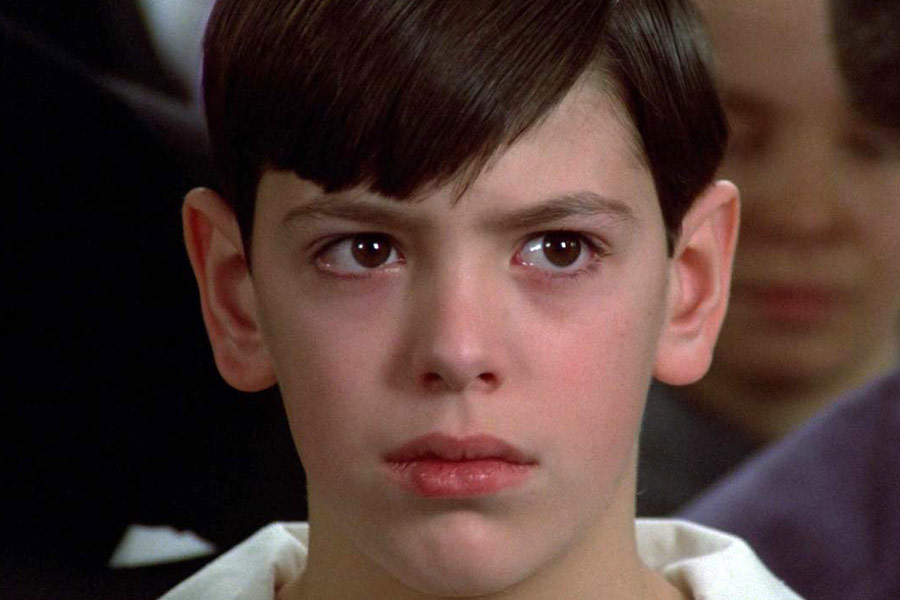
At the risk of repeating myself, I’ll include another Bergman film. This is another case of something that was originally released for television, and later shortened for a theatrical release. (The TV version is just over 5 hours, running 2 hours over the film version). Both versions are great, and they both do the story justice: it’s a film about not only the titular children, but their family. We see the chronicles of the Ekdahl family through the children’s perspective.
For fans of Scenes From a Marriage, the title Fanny and Alexander is slightly deceptive, as there is also a bit of the parents’ relationship on display. Bergman allows his story to unfold organically, taking time to go on divergent paths that seemingly have nothing to do with the film overall.
7. The Mother and the Whore (1973)
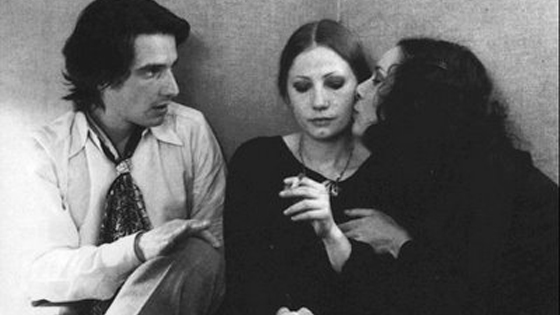
This film is 3.5 hours long, and it has all right to be. The Mother and the Whore is essentially a film “about” young people talking, living their lives, and making mistakes. It’s not a film “about” something in the way another film starring young people might be. When you think about a typical film in this terms, you might tend to think of something like The Breakfast Club. By the end, you’re almost conditioned to hear the voiceover of a character talking and summing the whole film up for you.
The Mother and the Whore gives us none of that; the whole film feels like an exercise in making a movie about life as it is really lived. People drift in and out of each other’s lives with no real purpose. They have casual sex. One of the main characters goes to a cafe to pretend to read Proust. There’s no real traditional storytelling structure to be found here, yet the film is compelling. At 3.5 hours of film that is a genuinely impressive feat.
8. Lawrence of Arabia (1962)
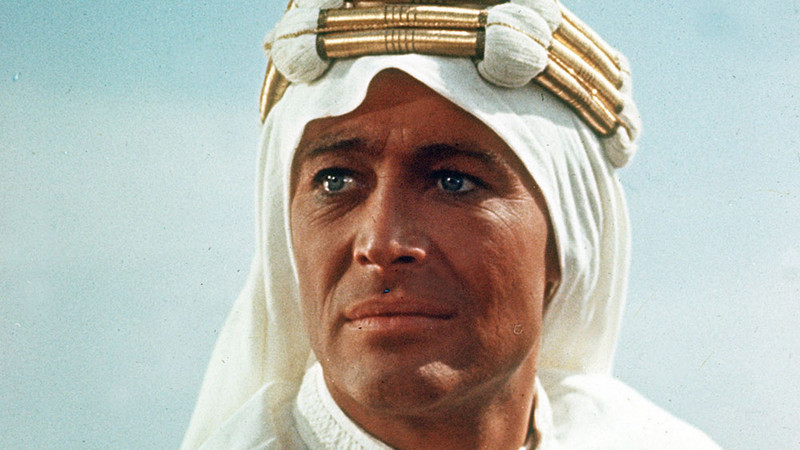
Lawrence of Arabia will occasionally pop up at theatres having 70mm retrospectives. If you get the chance to watch this film in that format, run to the theatre. I saw Lawrence of Arabia for the first time last December, and I was instantly reminded why film will always trump television.
When The Hateful Eight (another film over 3 hours) was released, Tarantino’s 70mm roadshow was a big deal. However, much of that film takes place indoors. In David Lean’s epic, we’re treated to amazing cinematography and editing. So much about this film has already been said; simply put, it’s one of the most beautiful movies ever made. At 3.5 hours, it earns every second of its running time.
9. Once Upon a Time in America (1984)
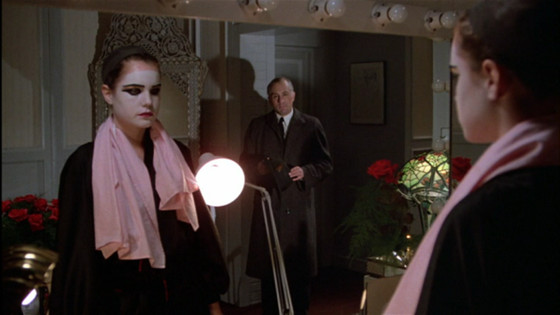
Sergio Leone has been compared to David Lean as a director that went bigger with each project he made. The two filmmakers seem to have an inability to recede back to smaller, cheaper to produce films. The uncut version of Once Upon a Time in America that is available to the public is just over 4 hours. And that’s still not what Leone intended; he wanted to release two 3 hour films, but that version has never been released. The result of what we’re given is a “gangster film” like no other.
Like The Sopranos subverted television and the mob genre by infusing it with philosophy and arthouse sensibility, Leone created a film that functions as a film about growing up, and friendship as much as it is about gangsters. Once Upon a Time in America is effectively two different films at once. Let’s hope the 6 hour version sees the light of day at some point!
10. Seven Samurai
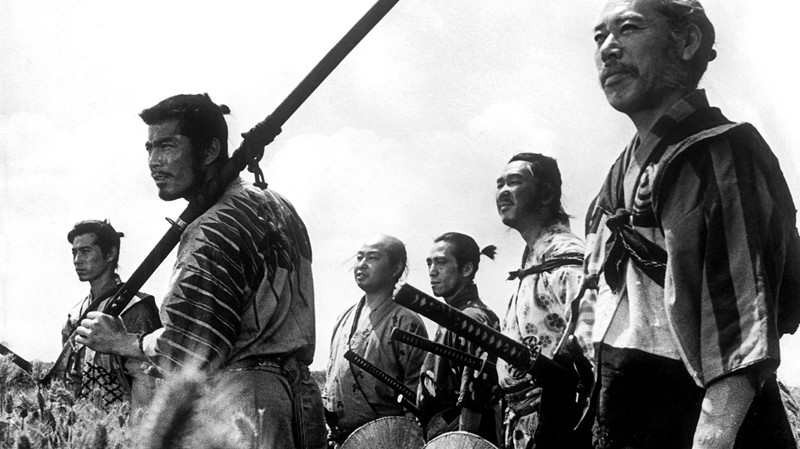
Akira Kurosawa’s Seven Samurai may be one of the most influential films ever made, specifically inspiring a slew of films that came afterward (most notably in the Western genre). There are so many great things about Seven Samurai; the music, and the performances to name a couple. But in relation to this list, what Kurosawa really pulls off well here is the episodic structure of the film. At over 3 hours, the film luxuriates in showing you the entire sequence of events.
Before any revenge can occur we must first see how the main characters all come together and meet beforehand. And then there’s the issue of how they’ll interact with the people they’re helping. It’s a long movie, but it feels justified; nothing we need to know has been omitted.
Author Bio: Dilair Singh is a film lover from Toronto. He particularly enjoys screenwriting, and hopes to sell a screenplay someday. You can find him on Twitter: @dilairsingh.